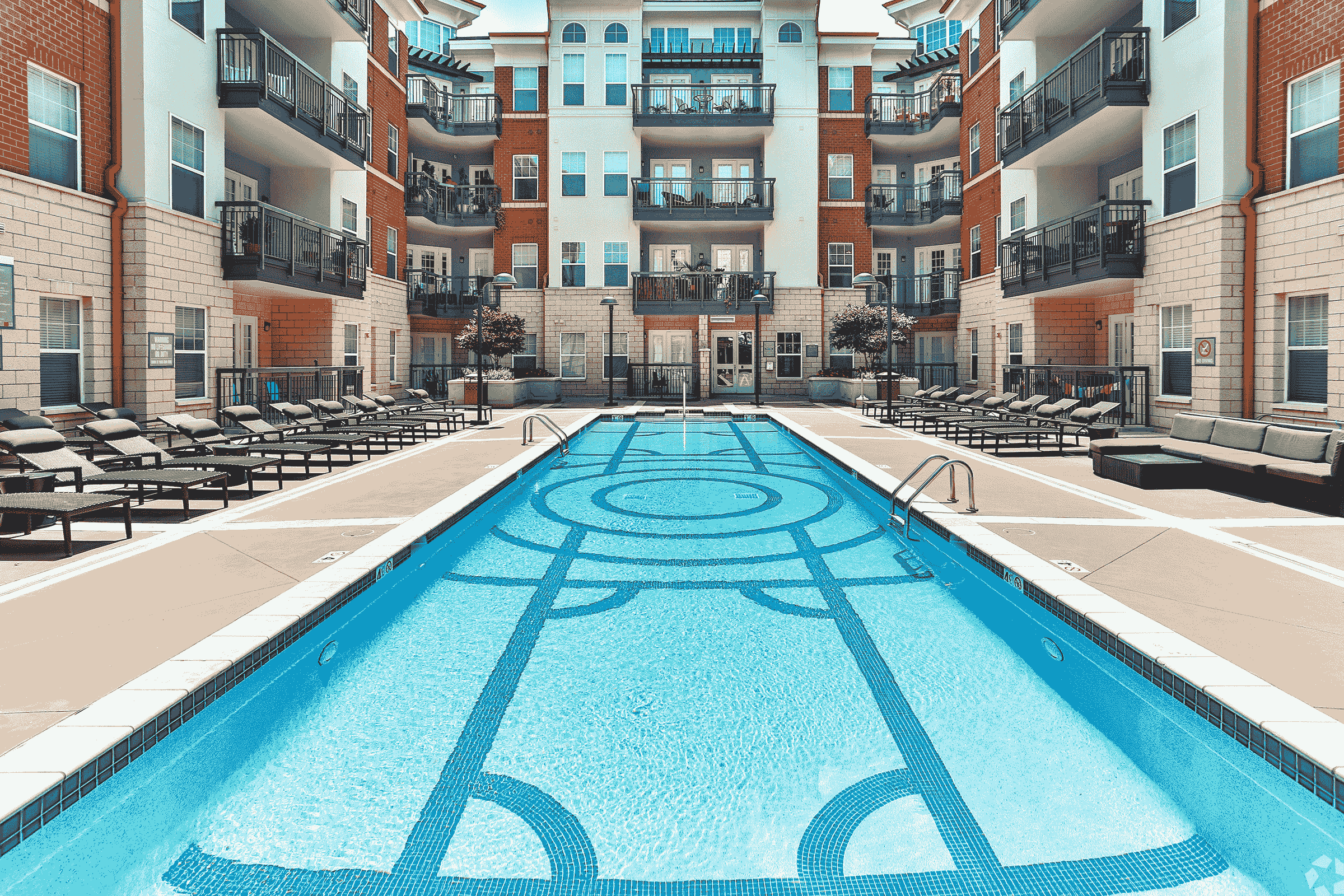There are two main reasons why multifamily deals right now are falling out of contract. The first is due to the lender backing out at the last minute and the second is because it is hard to underwrite for projected rents right now with renovations. Let us discuss both in detail in this article to give you a better understanding of the behind-the-scenes nuisances.
#1 – Lenders Backing Out at the Last Minute
In March when the market became unstable, especially with the 10-year treasury dropping, due to all the stay-at-home orders from the coronavirus pandemic, many lenders began pulling back from funding. This was happening from CMBS, life insurance companies, bridge, and other private lenders.
The large agency multifamily lenders, Fannie Mae and Freddie Mac, become the only game in town to get a loan. Many of the existing loans were in a race to get refinancing done with these agency lenders. This dynamic along with the limited lender supply in the market also caused the agency lenders to increase their spreads due to little-to-no competition (more on this in a future article).
These agency lenders typically require a lower loan-to-value (LTV) which causes the operator to be required to raise more equity. The more equity needed will cause the returns for investors overall to go down. This is a fine balance because you want to still have a safe investment that is not over-leveraged. When the returns go down it can cause a deal not to make sense anymore as the lower returns will cause certain investors to sit out so it will be hard to close the deal anyway.
When a lender backs out right before the closing date it will cause a new lender to have to jump in at the last minute. This is difficult not only for the new lender but also for the operator as the debt terms may change causing the deal to not make sense anymore.
#2 – Difficult to Underwrite for Rent Growth with Renovations
Any apartment deal that is expecting to increase rents based on renovations are having a hard time with their projections due to the unknowns of how long the coronavirus pandemic will last or cause an impact on their renovation timeline.
Typically, an operator will plan to renovate units and take about 12-18 months to stabilize the new property with the new rent premiums. The problem right now is that most of these deals that are falling through were underwritten in December, January, or February and this has caused the deal to change post-COVID-19.
Operators must now plan to take 18-24 months (or longer) to renovate and stabilize a property to properly account for the impact of the coronavirus. This longer renovation timeline can dramatically change the cash flows for the property causing distributions to be delayed or capital calls to take place. This is another reason why many properties are falling out because the returns have changed due to the uncertainty of the impact.
Tip for Reviewing Deals
When reviewing deals from other operators, be sure to check the underwriting assumptions for correct debt selection, interest rate sensitivity, renovation timeline, rent growth assumptions, and cash flow performance during the hold period. It’s not that finding errors in these assumptions will cause the entire deal to fall apart but it will allow you to make the best decision to allow you to effectively grow your multifamily portfolio.
During these uncertain times, the multifamily fundamentals are proving to be correct with solid April rent collections across our portfolio of assets and also capital preservation.

